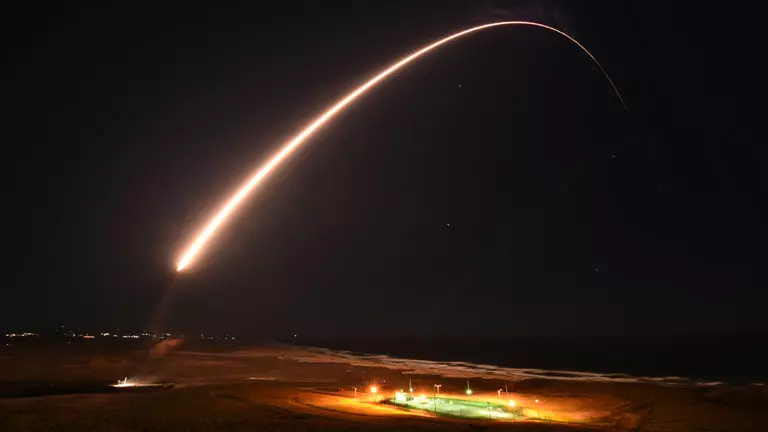The United States Air Force (USAF) has dismissed Charles Clegg as the director of its Sentinel Systems project, which is responsible for developing the next-generation intercontinental ballistic missile (ICBM. The rocket is intended to replace the Minuteman III ICBM, a Cold War-era weapon that remains in service.
The dismissal comes after Congress launched an investigation into the program’s cost overruns and mismanagement. In June 2021, the House Appropriations Committee’s report on the Defense Department’s fiscal year 2025 budget request revealed that the Sentinel Systems project had increased in price by at least 37% to an estimated $131 billion.
The lawmakers eventually agreed to allocate $3.4 billion for the program in the coming year, a reduction of $340 million from the Pentagon’s request.
According to a statement issued by the USAF, Clegg was fired because he did not follow organizational procedures. A spokesperson for the Air Force cited a “loss of confidence” in Clegg as the reason for his dismissal, but denied that the decision had been directly related to the ongoing congressional review.
In January 2021, Bloomberg reported that a 1982 law required Congress to conduct an audit of the Sentinel Systems program after it overspent its budget by more than a third over the course of two years.
Now, the Pentagon and Joint Chiefs of Staff are facing scrutiny from Congress as they attempt to justify the cost overruns and present convincing arguments for continued funding of the project. The lion’s share of the sum is apparently needed to upgrade existing launch sites and communication lines.
The task of upgrading these facilities, estimated to last nearly a decade, will be a lengthy and complex endeavor that “involves real estate purchases, construction, deconstruction, removal and installation of equipment, and nuclear certification,” according to the Senate Armed Services Committee’s fiscal year 2024 budget report.
Earlier this month, Pranay Vaddi, special assistant to President Joe Biden and senior director for arms control, disarmament, and nonproliferation at the National Security Council, revealed that new nuclear weapons employment guidance had been issued by the administration. The updated policy takes into account the realities of a “new nuclear era” and emphasizes the need to deter China, Russia, and North Korea simultaneously.
In light of these developments, it seems clear that the USAF will face significant challenges in developing its next-generation ICBM while also maintaining and upgrading existing infrastructure to support the existing Minuteman III system.

